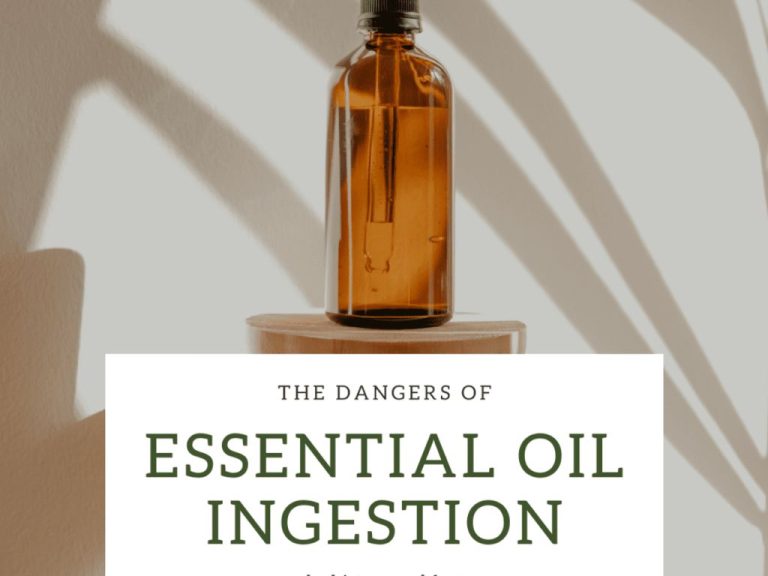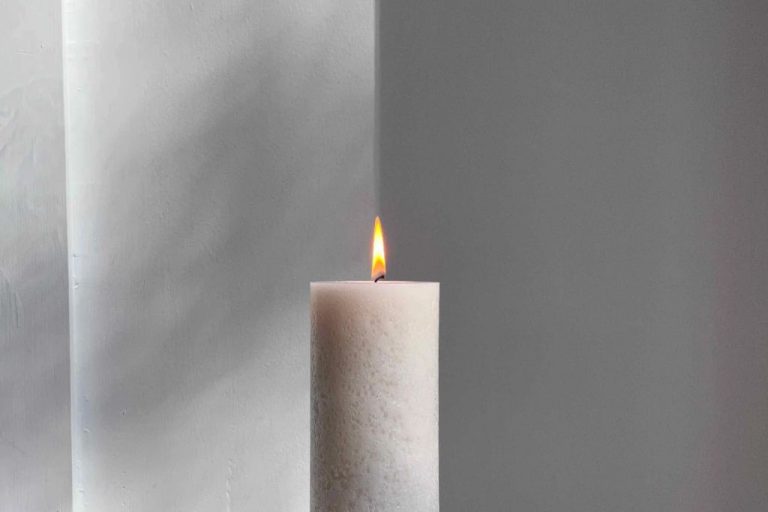Is It Cost Effective To Make Your Own Candles?
Making your own candles at home can be a fun craft and a way to create customized candle scents and designs. However, it does require an investment in supplies and time compared to simply purchasing premade candles from a store. This article will examine whether it is cost-effective for the average candle enthusiast to make their own candles versus buying them. We’ll look at the costs of supplies, labor time, quality control, customization options, and more to help determine if homemade candle making is worthwhile.
Cost of Candle Making Supplies
The main supplies needed to make candles at home include wax, wicks, fragrance oils, and jars or containers to hold the candles. Here’s a breakdown of the typical costs:
Wax
Wax is the biggest expense when making candles. Paraffin wax is the most commonly used and costs $1 to $2 per pound. Beeswax and soy wax cost more at $3 to $5 per pound. The average candle uses 6-8 ounces of wax, so the wax for a single candle can cost $0.50 to $1 for paraffin or $1 to $2 for pricier waxes.
Wicks
Pre-tabbed wicks designed for candle making generally cost $0.10 to $0.30 each. These thin cotton or paper-cored wicks have tabs that anchor them in place in the wax. Most candles need 1-2 wicks.
Fragrance Oils
Scented oils that hold fragrance range from $3 to $7 per ounce. You need approximately 1 ounce of fragrance oil per pound of wax. So for an 8 ounce candle, you’d use about 0.5 ounces of fragrance, costing $1.50 to $3.50 for that candle’s scent.
Jars & Containers
Basic jars for container candles cost around $1 to $2 each when purchased in bulk. Fancier jars, tins, and glasses can cost up to $5 per piece. The container is reusable so you can subtract out this cost when calculating the cost per candle.
Cost of Premade Candles
Premade candles from stores and boutiques can range wildly in price depending on size, fragrance, design, and more. Small votive or tealight candles often retail for $1-$5 each. Pillar candles and tapers frequently cost $5-$15 for an individual candle. Extra large pillar candles can reach $25 or more. Scented jar candles and other filled containers typically start around $10 and run $20-$30 on average. High-end luxury candle brands charge $50 or upwards per candle.
Of course, sales, promotions, and bulk-buying can reduce the per-candle cost. But overall, expect to pay anywhere from a couple dollars for a basic tealight to over $100 for an oversized showpiece candle when purchasing premade.
Time Investment
Making candles requires a significant time investment compared to simply purchasing pre-made candles. From melting wax to preparing wicks and jars to pouring and cooling each candle, the entire process can easily take 1-2 hours or more per batch of candles. Those hours quickly add up if you want to make candles in bulk or offer different scents and styles.
In contrast, purchasing manufactured candles from a store takes just minutes – simply drive to the store, choose your candles, and check out. The time savings are enormous, freeing up your time for other activities. While some may find the candle making process relaxing or rewarding, if your primary goal is to end up with quality candles you can use and enjoy, buying pre-made is far more time effective.
Ultimately, one must weigh the personal satisfaction gained from making DIY candles versus the convenience of purchasing ready-made candles. Those short on free time will likely find buying candles to be the better choice.
Quality Control
When it comes to quality control, homemade candles offer some advantages over premade candles. With homemade candles, you have complete control over the entire process. You choose the wax, wicks, fragrance oils, and containers. You control the temperature of the wax while pouring. And you can monitor the candles as they cure to ensure no issues arise. This allows you to achieve consistent results every time.
Premade candles often lack that same consistency. Even candles from the same company can vary in terms of scent throw, burn time, and melting point. This is because commercial candle making involves mass production. It’s harder to control variability when producing candles on such a large scale.
Homemade candle makers can also adjust and improve their recipes over time. If an issue arises with candle performance, you can tweak the formula until perfected. Premade candle formulas are set by the manufacturer and can’t be modified.
That said, larger candle companies do have more resources to invest in quality control processes. They may use testing equipment and established standards that a homemade candle maker lacks access to. At the end of the day, consistency comes down to the skill and vigilance of the candle maker, whether at home or in a factory.
Customization
One of the best advantages of making your own candles at home is the ability to customize them however you like. With homemade candles, you have full control over the container, scent, and colors used. This allows you to personalize candles to suit your style, mood, decor, and personal preferences.
Making candles yourself lets you use any type of container you wish, from glass jars and tins to teacups and seashells. You’re not limited to the standard container options sold in stores. Additionally, you can select unique scents that stores don’t carry, like homemade cake batter, blooming roses, or fresh coffee. Essential oils, fragrance oils, and scented waxes provide unlimited aroma options for homemade candles. Finally, you can mix and match candle dyes to create any color palette you want. Make ombre candles, bold primary colors, or swirls of multiple shades.
The customization options are virtually endless when you make your own candles. You can create personalized gifts for loved ones or design candles that perfectly suit your home decor. Ultimately, homemade candles allow for creativity and self-expression that you just don’t get with generic store-bought candles.
Satisfaction
One of the main benefits of making your own candles is the satisfaction you can get from the creative process and the final product. Many people find the process of melting wax, adding scents and colors, and pouring candles to be relaxing and rewarding. There’s a sense of pride in being able to create something with your own two hands.
You also have complete control over the finished candle. You can customize the shape, size, color, and fragrance exactly to your liking. Lighting a candle you made yourself gives a great sense of personal accomplishment. The candle becomes a decorative item that showcases your creativity.
Additionally, making candles can be a fun activity to do with friends or family. Sharing the experience and gifting your homemade candles to loved ones enhances the satisfaction. Overall, while buying candles can be quicker, making your own allows you to put personal time and care into a product you’ll enjoy.
Gifting
Making your own candles can be a great way to create personalized, heartfelt gifts for friends and family. Homemade candles show you put time and care into making something unique just for them. You can customize candles based on the recipient’s favorite scents, colors, container styles and designs. Making candles yourself lets you create thoughtful gifts on a budget.
Candles make great gifts for any occasion – birthdays, holidays, anniversaries, housewarmings and more. You can tailor candles for the recipient’s interests or hobbies by using themed scents, colors and designs. For example, make seaside inspired candles for a friend who loves the ocean. Or create candles in their favorite sports team’s colors for a sports fan. The options are endless.
Homemade candles also allow you to control the ingredients. You can opt for all-natural soy or beeswax candles scented with essential oils for friends and family who prefer nontoxic, eco-friendly options. Making your own candles gives you quality and customization you just can’t get with store-bought candles.
Gifting homemade candles shows creativity and personalization. The recipient will appreciate the time, thought and care put into making something unique just for them. So the next time you need a heartfelt gift for that special someone, consider homemade candles. They make budget-friendly, customizable and eco-friendly gifts from the heart.
Starting a Business
Making candles at home opens up opportunities to turn your hobby into a business. If you enjoy the creative process and get positive feedback on your homemade candles, consider selling them to turn a profit. Local craft fairs, holiday bazaars, and farmers markets are great places to introduce your products and build a customer base. You can also create an online store to sell candles nationwide. Calculate expenses like materials, labeling, and shipping to determine pricing. Register your business, secure required licenses or permits, and follow regulations in your state. Promote your candles on social media and through local partnerships. Offer incentives like discounts to first-time buyers. Experiment with unique scents and creative designs to stand out. Personalize candles or allow custom orders for gift-giving occasions. Making candles can be a rewarding way to share your passion while earning extra income.
Conclusion
Making your own candles can be a fun hobby and creative outlet, but determining if it’s truly cost effective requires weighing several factors. On the plus side, you can customize scents, colors, shapes, and container styles exactly to your liking. The satisfaction of completing a homemade candle yourself brings great joy. They also make wonderful personalized gifts. However, the supplies and ingredients can get quite pricey, especially when first starting out and buying all the equipment. It takes time and practice to master proper candle making techniques as well. Unless making candles in very large batches, it likely won’t save money compared to buying premade. Overall, for most people candle making is less about cost savings and more about the enjoyment of the process and end result. With realistic expectations on costs, making candles can be a rewarding hobby if you find the production process itself to be therapeutic and calming.


